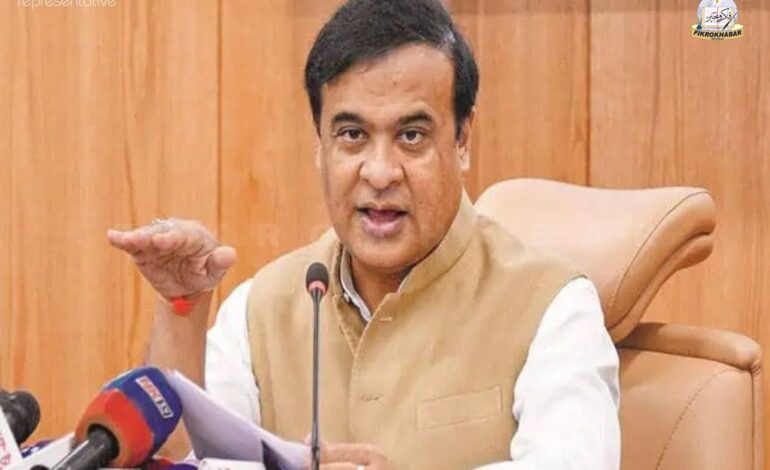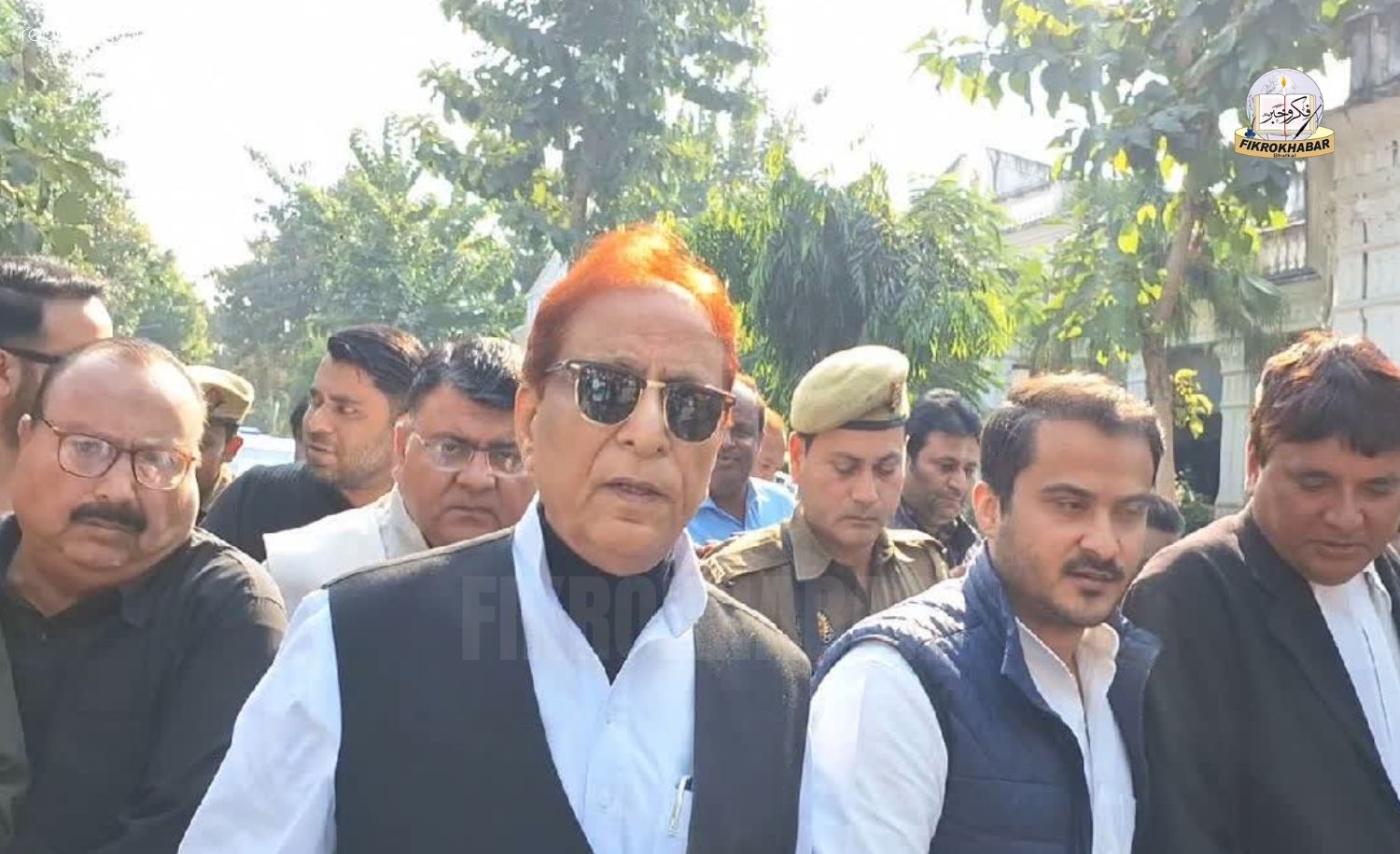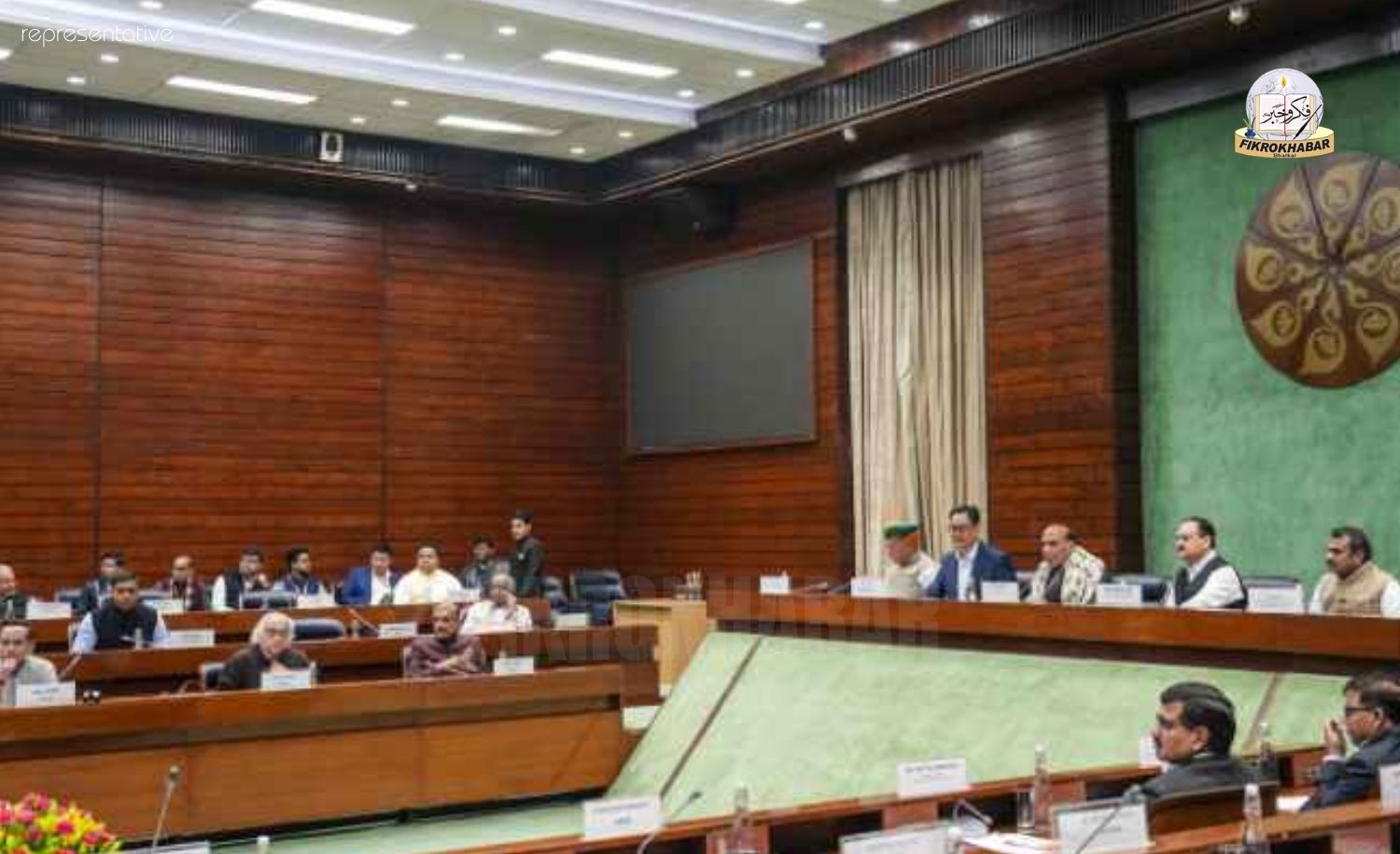Assam Revives Controversial 1950 Law, Gives DCs Power to Deport ‘Suspected Foreigners’ Without Tribunal Process

Guwahati: The Assam government has approved the implementation of a controversial colonial-era law the Immigrants (Expulsion from Assam) Act, 1950 — granting District Commissioners (DCs) and police the authority to identify and deport “suspected foreigners” without the involvement of Foreigners Tribunals, sparking strong concerns over its potential misuse, particularly against Bengali-speaking Muslims.
On Tuesday, the Assam Cabinet cleared a Standard Operating Procedure (SOP) for enforcing the 1950 Act. Under this SOP, DCs will now have the power to issue deportation orders against individuals deemed to be in India illegally, if they fail to prove their citizenship within 10 days of receiving a notice.
According to Chief Minister Himanta Biswa Sarma, this new mechanism will “sideline the existing Foreigners Tribunals,” which currently decide on citizenship status in complex cases. Sarma said only particularly complicated cases will still be sent to the Tribunals, essentially rendering them redundant in most scenarios.
A Shift in Citizenship Determination
Previously, all cases involving suspected foreigners were adjudicated by quasi-judicial Foreigners Tribunals. However, under the revived 1950 law, no court or tribunal is needed unless the case is deemed unclear by the district administration.
Sarma explained that once the Border Police or any official source identifies a person as a suspected foreigner, the DC can issue a notice, giving the individual 10 days to present valid documents proving Indian citizenship. If the DC is not satisfied, they can order immediate deportation, after which the person would be sent to a detention centre, and eventually deported via BSF (Border Security Force) to Bangladesh or Pakistan.
Why the 1950 Act Is Controversial
Originally passed shortly after Partition, the Immigrants (Expulsion from Assam) Act, 1950 was intended to curb the large-scale migration of people from East Pakistan (now Bangladesh) into Assam. However, it was quickly rendered inactive, following a directive from then-Prime Minister Jawaharlal Nehru, due to the Liaquat-Nehru Pact, which protected minority rights in both India and Pakistan.
The Act has not been in active use since March 1950, making this revival after 74 years a highly controversial and politically charged move.
Targeting Bengali-Speaking Muslims?
CM Himanta Biswa Sarma has made statements indicating the law will not apply to Bengali-speaking Hindus, claiming that they arrived in Assam before March 24, 1971 — the cut-off date established by the Assam Accord and later upheld by the Supreme Court.
“There is no reason to consider Bengali Hindus as foreigners. They were brought here by Indira Gandhi in 1971, and there was never any plan to send them back,” Sarma said.
This has led many to believe that the real target of the new SOP is Bengali-speaking Muslims, who have long faced suspicion over their citizenship status in Assam — a state where annual floods routinely destroy homes and documents, making it hard for people to preserve citizenship records.
Past Deportations and Legal Setbacks
Reports have previously accused the Assam government of pushing Bengali-speaking Muslims across the Bangladesh border, only for them to be readmitted later when they or their families managed to produce documents proving Indian citizenship.
With the revived 1950 law, human rights advocates fear a sharp increase in such incidents, especially as the judicial safeguard of the Foreigners Tribunal is now significantly weakened.
Critics say the move reflects clear bias and bad faith, pointing out that the state’s own leadership is openly exempting certain communities based on religion and language, while accelerating deportation processes for others.
As Assam continues to grapple with floods, displacement, and complex identity politics, the reactivation of a long-dormant law — bypassing courts and giving near-unilateral powers to district officials — could raise serious constitutional and humanitarian concerns across the country.



